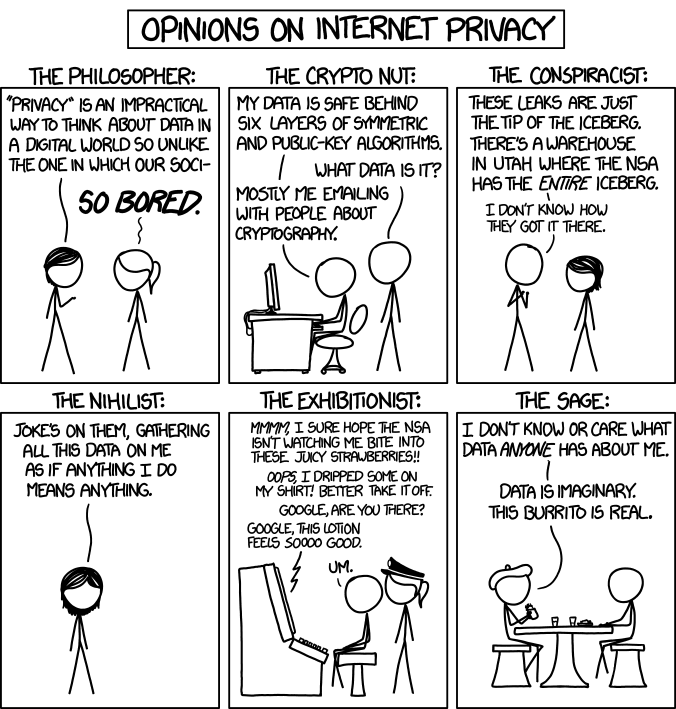
Let’s be real: Piracy and Darkweb Marketplaces aren’t the problems everyone makes them out to be. They’re just responses to a system that keeps pushing people to the edge. You can argue about legality, but does it even matter anymore? The world keeps spinning, and nothing we do changes that. So why not talk about why these so-called “illegal” activities aren’t just understandable—they’re inevitable.
The Real Motive: Breaking Free From Chains That Don’t Make Sense
Why do people pirate? It’s not because they’re some moral degenerates. It’s because the system has made it impossible to access things fairly. Whether it’s regional restrictions, paywalls, or just overpriced garbage, people are being forced into a corner. You don’t give them what they want, so they take it. Simple as that.
Same goes for Darkweb Marketplaces. They didn’t come out of nowhere—they were born out of a need for freedom. A desire to trade without having every transaction tracked, logged, and filed away by faceless corporations or governments who’ve decided they get to play judge and jury. The people who built these platforms didn’t give a damn about your rules—they wanted to create something real.
The truth is, none of this is about right or wrong. It’s about control. You either play the game or find a way around it. Piracy? Darkweb trading? They’re just the natural responses to a rigged system. And you can criminalize them all you want—it’s not going to change anything. It’s just human nature to resist chains.
Crime Doesn’t Disappear—It Just Evolves
You think shutting down a darkweb market solves the problem? Cute. Close one, and three more pop up the next day. The more you try to suppress it, the more it grows. It’s not about stopping crime—it’s about pushing it out of sight. If you decriminalize these activities, you bring them out into the open where they can be regulated, taxed, and—dare I say—made safer. But no one really wants that, do they?
People cling to this idea of “right” and “wrong,” but those concepts are irrelevant when no one’s playing by the same rules. If you could access these goods and services without the heavy hand of law looming over you, most people wouldn’t turn to crime at all. But crime isn’t the point—it’s just a side effect of demand meeting resistance. You can’t kill demand. You can’t kill human curiosity. It’s just how things work.
The Economy? Who Cares?
Let’s get this out of the way: No one gives a damn about the economy. At least, not in the way people pretend to. The truth is, these darkweb markets and piracy networks pump billions into the underground economy, and if they were regulated, they could be pumping billions into the actual economy. But guess what? That doesn’t matter. None of this matters.
People pirate because they want to. They browse darkweb markets because they can. The economy is just a byproduct. And honestly, why should anyone care if a few billion slips through the cracks of a system that’s already broken? Whether you tax it or outlaw it, the same transactions are going to happen. The same deals, the same trades, the same flow of information and goods. It’s like trying to plug a hole in the ocean.
But let’s consider the potential benefits of these markets. If we take a step back and look at what these platforms actually offer, we can see how they provide access to otherwise unavailable goods—whether that’s niche products, information, or even educational resources. In many cases, these markets allow people to access what they otherwise couldn’t due to economic or geographical barriers. It’s a flawed system, sure, but one that fulfills a genuine need.
Privacy, Data Broking, and the Moral Vacuum
Let’s not even get started on the hypocrisy around data privacy. We’re living in a world where everyone’s data is being harvested and sold to the highest bidder, and no one says a word about it. But the minute it happens on the darkweb? Suddenly, it’s a crime. Give me a break.
Corporations are selling your information every single day, pretending to care about your privacy with their little “terms of service” agreements. Meanwhile, these darkweb data brokers are just more honest about it. They don’t hide behind layers of corporate jargon. They don’t pretend to be your friend. They deal in raw information, and people pay for it because that’s just how the world works.
In this twisted reality, selling data becomes an act of rebellion against an unjust system. It’s the ultimate fuck you to the corporations that exploit your every move while pretending to protect you. It’s about taking back control—even if that means navigating morally ambiguous waters.
What Comes Next: A Future We Can’t Stop
If you’re still holding onto the idea that piracy or darkweb trading can be stopped, you’ve already lost. These platforms aren’t going anywhere, and trying to crush them is like trying to stop the wind. It’s a fool’s game.
The only thing we can do is adapt. People will keep pirating, they’ll keep trading data, they’ll keep buying and selling goods on the fringes. You can either fight it, like some tragic hero in a pointless war, or you can accept that this is the way things are.
You can see this in the way societies evolve—always pushing against the boundaries set by those in power. Every generation finds its own ways to subvert the system, to reclaim what’s been taken from them. And while it might feel like an uphill battle, it’s one that people will keep fighting, because, at the end of the day, the need for freedom and access will always outweigh the chains of oppression.
So, if you’re thinking about starting your own darkweb market? Go for it. The demand is there, and someone’s going to meet it, whether you do or not. Embrace the chaos; it’s where the real opportunities lie.